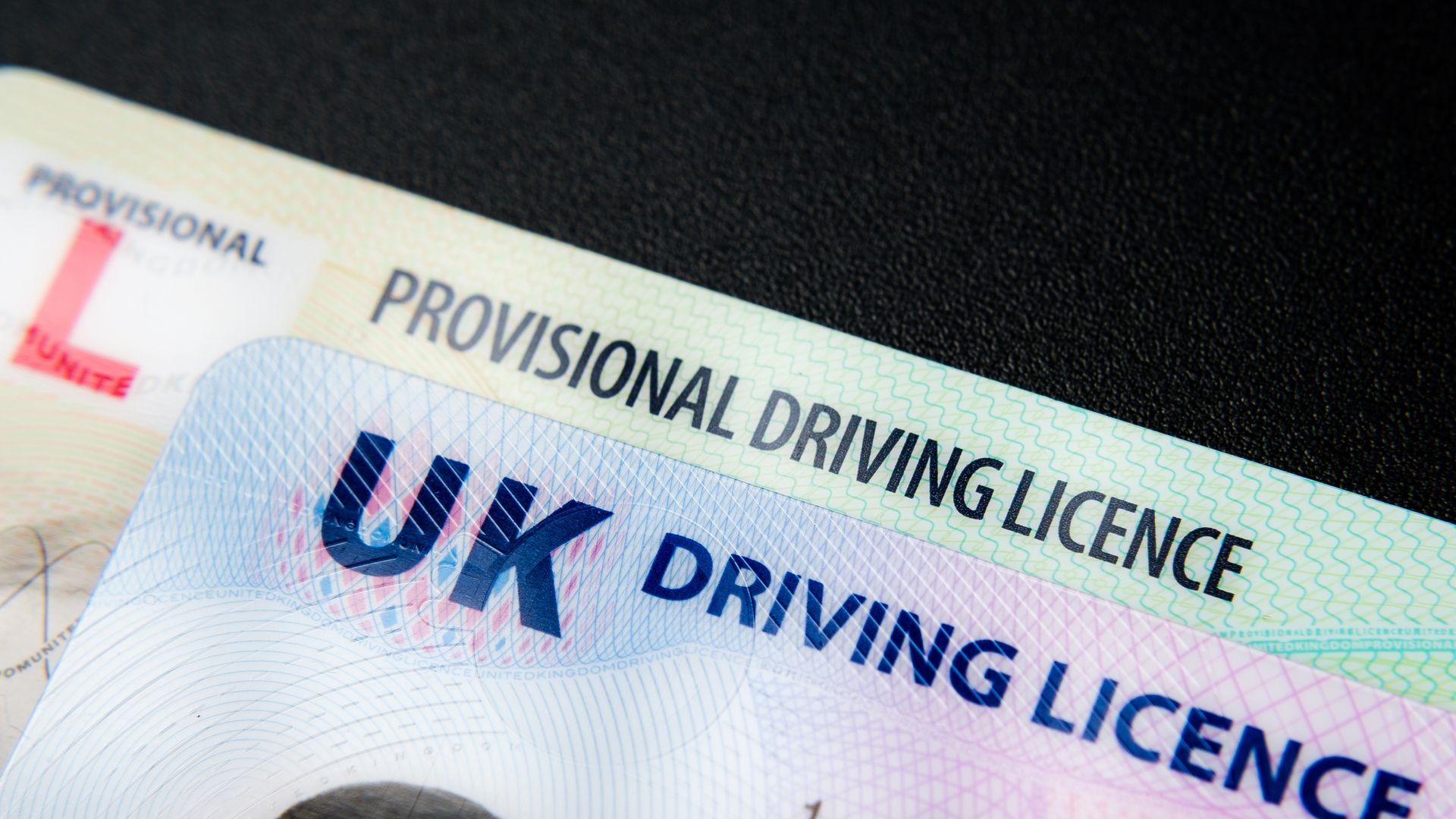
AUGUSTA, Maine — At first glance, the push to require Mainers to provide photo identification on Election Day could look like an uphill effort from Republicans hoping to change voting laws in a state controlled by Democrats since 2018.
Yet a Maine poll last year showed majority support for requiring photo identification to vote, including from a third of Democrats whose officeholders abhor the idea. The debate comes under a backdrop of former President Donald Trump’s false insistence of a rigged 2020 election and studies repeatedly finding extremely low rates of voter fraud.
Republicans are seizing on the positive figures to launch a campaign to put voter ID on the ballot in 2025. It is led by The Dinner Table, a political committee led by state Rep. Laurel Libby, R-Auburn. The campaign says it has about 40,000 signatures from registered voters, which is more than half of the number it will take to get the question to the ballot.
The referendum process has been a bugaboo for Republicans. During former Gov. Paul LePage’s tenure, the state party put its weight behind a tax reform proposal mirroring LePage’s goals that never got to the ballot. Progressive referendums from Medicaid expansion to ranked-choice voting were passed during that era over Republican opposition.
In Augusta, Republicans have perennially failed to get voter ID bills through the Democratic-led Legislature have also failed, including a proposal last year that would have required the state to issue a photo ID for free to any eligible voter who does not have one. Backers of the referendum say they can assemble a wide coalition outside the State House.
“This is across the board — folks who are independents and Democrats,” Libby said of those her group gathered signatures from. “It was met with broad appeal.”
Libby said the “Voter ID for ME” campaign has not formally decided on a target election date for the referendum, but the likely timeline is 2025. The campaign has reported raising more than $21,000, and Libby said its goal during the signature gathering phase is to eventually reach $200,000. It will likely need millions by the time the campaign kicks into high gear.
In Maine, proof of residency is only required when registering to vote. Three dozen states have laws requiring or requesting voters show a form of identification at the polls, according to the National Conference of State Legislatures. For example, neighboring New Hampshire requires voters who do not show an ID to sign an affidavit before voting.

The Maine proposal would require voters to show ID for both in-person and absentee voting and would direct the secretary of state to issue free ID cards to voters without a driver’s license. The proposal would allow voters without a photo ID to complete a “challenged ballot” and then within four days present a photo ID to their local elections official.
Violations would be a Class D crime punishable by up to a year in jail and a $2,000 fine, and the proposal includes an exception for voters with a “religious objection” to being photographed.
The Maine proposal also would affect absentee voting by no longer allowing telephone applications nor allowing voters to automatically receive absentee ballots without submitting a separate request for each election. It also would require municipalities to only have one secured drop box for returning absentee ballots.
The policy case for and against voter ID is especially muddled. A Massachusetts Institute of Technology roundup of scientific literature found disparate effects on certain populations have been confirmed in studies but that it is unclear if these laws depress turnout. Despite the popularity of voter ID, MIT found little evidence that such laws increase voter confidence.
Opponents to such laws, including the League of Women Voters of Maine and Secretary of State Shenna Bellows, said they can have a chilling effect on voter participation in a state that has ranked high nationally in turnout, especially hurting people of color and voters who are older, poorer, disabled or without an active driver’s license.
The League of Women Voters of Maine “supports full voter participation by all eligible American citizens, and we oppose efforts to create new barriers that block citizens’ constitutional right to vote,” spokesperson Jen Lancaster said.
“We have safe and accessible elections with security measures in place to prevent voter fraud, which is incredibly rare, and if it does occur, it’s usually caused by human error,” Lancaster added.
In any case, the February 2023 poll from the University of New Hampshire Survey Center found 63 percent of Mainers strongly or somewhat support requiring photo identification to vote. Supporters included 71 percent of independents in Maine along with nearly all Republicans, while 34 percent of Democrats backed such requirements.
Gauging public opinion on voter ID “is difficult, as it typically gets caught up in the partisan conversation,” Andrew Smith, the UNH political scientist who runs the survey arm, said.
“I suspect that not much has changed in Mainers’ opinions on the topic since 2023, but that support for it is definitely partisan and could become more charged as the election gets closer,” Smith said.









